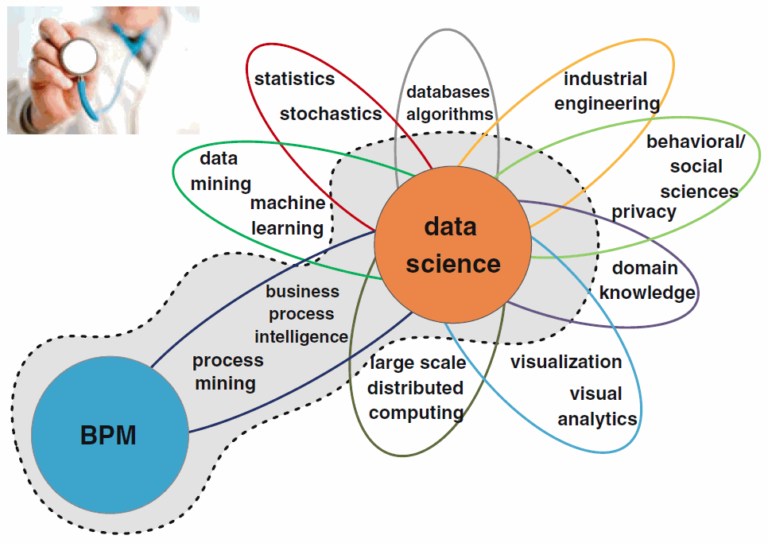Home / Healthcare & Medicine / Data Science / Process Mining in Healthcare / Opportunities for process mining in healthcare

Reach your personal and professional goals
Unlock access to hundreds of expert online courses and degrees from top universities and educators to gain accredited qualifications and professional CV-building certificates.
Join over 18 million learners to launch, switch or build upon your career, all at your own pace, across a wide range of topic areas.

 Image taken from the book Process Mining in Healthcare: Evaluating and Exploiting Operational Healthcare Processes.
Image taken from the book Process Mining in Healthcare: Evaluating and Exploiting Operational Healthcare Processes. 






